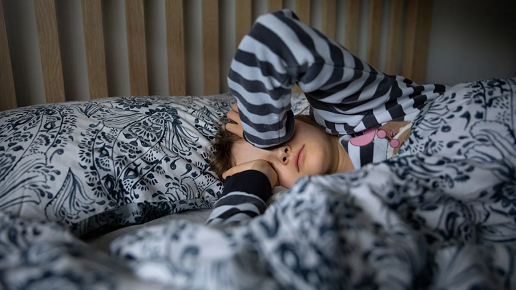Childhood sleep issues may significantly raise the risk of suicidal thoughts or attempts, according to a recent study published in *JAMA Network Open*. Severe sleep disturbances at age 10 were linked to a 2.7 times higher risk of suicidal ideation or attempts two years later. Daily nightmares increased this risk fivefold. The study, involving over 8,800 children, emphasized the importance of sleep as a potential intervention target for youth suicide prevention.
Experts note that poor sleep disrupts brain development, mood regulation, and decision-making, contributing to emotional distress. Fatigue from insufficient sleep can impair coping mechanisms, leading to impulsivity and difficulty managing stress. Additionally, sleep disturbances may signal underlying mental health struggles. Insufficient sleep quality or quantity can also interfere with brain function
Insufficient sleep quality or quantity can also interfere with brain function
To mitigate these risks, researchers and psychologists recommend promoting healthy sleep habits, including consistent routines, reduced screen time before bed, and relaxation practices like mindfulness. Parents are encouraged to monitor their child’s mental health and seek professional help if sleep issues persist or worsen. Increased parental involvement, such as shared family activities and supervision, was found to lower suicidal behavior risk by 15%, underscoring the vital role families play in fostering resilience.







